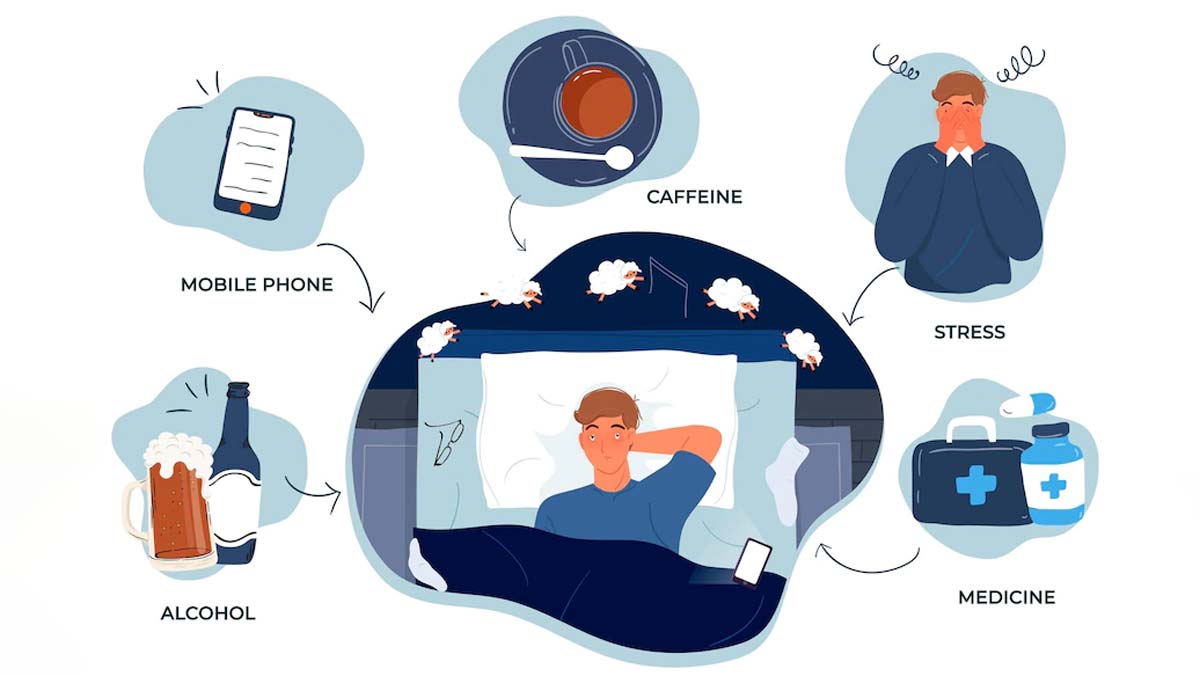
A recent study published in Neurology, the journal of the American Academy of Neurology, highlights an intriguing link between daytime sleepiness, reduced enthusiasm, and the risk of Motoric Cognitive Risk (MCR) syndrome. This condition, characterised by slow walking speed and minor memory complaints, is thought to be an early sign that may precede the onset of dementia in some individuals.
Table of Content:-
Understanding Motoric Cognitive Risk Syndrome
Motoric cognitive risk syndrome is a condition identified in older adults, often showing up before more severe cognitive impairments or dementia develop. People with MCR exhibit subtle memory issues and slowed walking speed, although they remain free from any major mobility disabilities or advanced cognitive decline. The recent study points to excessive daytime sleepiness and a lack of motivation to complete tasks as factors potentially associated with the syndrome.

Study Insights on Sleep and Enthusiasm’s Role in MCR
The study involved 445 older adults, averaging 76 years in age, who initially had no signs of dementia. Participants completed assessments on sleep patterns and daytime motivation, reporting issues like waking in the night, taking longer to fall asleep, feeling temperature discomfort, and needing sleep medication. In addition, researchers measured walking speeds and assessed memory concerns.
Also Read: Chhath Puja 2024 Healthy Fasting Tips For Pregnant Women
At the beginning, 42 participants had already developed MCR syndrome. Over the course of the study, an additional 36 individuals were diagnosed with MCR. Interestingly, those who experienced both excessive daytime sleepiness and low motivation were more than three times more likely to develop MCR compared to those without these symptoms.
The study also shows only an association rather than a direct cause-and-effect relationship, meaning that while daytime sleepiness and lack of enthusiasm are linked with MCR, they may not directly cause it.

Why Does This Connection Exist?
While the exact reasons remain unclear, as per the study, some theories suggest that poor sleep quality and reduced daytime motivation may contribute to brain and neurological changes that elevate the risk of cognitive decline. Sleep disorders can lead to chronic stress, inflammation, and memory issues, all of which are linked with neurological conditions. Reduced activity and engagement in daily life due to lack of enthusiasm might also limit the mental and physical stimulation that promotes cognitive health.
Also Read: Expert Shares A Comprehensive Guide On Benefits Of Vitamin B6 For Mental and Physical Well-Being
Tips to Stay Active and Enthusiastic During the Day
- Establish a sleep routine
- Stay physically active
- Engage in social activities
- Take frequent breaks
- Monitor your diet and eat in balance
Conclusion
While feeling sleepy or unmotivated occasionally is common, persistent issues with daytime sleepiness and lack of enthusiasm in older adults may warrant closer attention. Identifying and addressing these symptoms early could help manage or potentially mitigate the risk of MCR syndrome, promoting long-term cognitive health.
Also watch this video
Read Next
Haryana And Punjab Sees Dengue Surge With Over 3,000 Cases; Panchkula Reports Highest Spike
How we keep this article up to date:
We work with experts and keep a close eye on the latest in health and wellness. Whenever there is a new research or helpful information, we update our articles with accurate and useful advice.
Current Version